John Lott earned his PhD at the University of Chicago in economics. What he says below is not popular, or politically correct, but it is probably true. And if it is true, and if we fail to act on its truth, then more good people will continue to be killed, who could have been saved.
The horrible tragedy at the Westroads Mall in Omaha, Neb. received a lot of attention Wednesday and Thursday. It should have. Eight people were killed, and five were wounded.
A Google news search using the phrase "Omaha Mall Shooting" finds an incredible 2,794 news stories worldwide for the last day. From India and Taiwan to Britain and Austria, there are probably few people in the world who haven’t heard about this tragedy.
But despite the massive news coverage, none of the media coverage, at least by 10 a.m. Thursday, mentioned this central fact: Yet another attack occurred in a gun-free zone.
Surely, with all the reporters who appear at these crime scenes and seemingly interview virtually everyone there, why didn’t one simply mention the signs that ban guns from the premises?
Nebraska allows people to carry permitted concealed handguns, but it allows property owners, such as the Westroads Mall, to post signs banning permit holders from legally carrying guns on their property.
. . .
The law-abiding, not criminals, are obeying the rules. Disarming the victims simply means that the killers have less to fear. As Wednesday’s attack demonstrated yet again, police are important, but they almost always arrive at the crime scene after the crime has occurred.
The longer it takes for someone to arrive on the scene with a gun, the more people who will be harmed by such an attack.
Most people understand that guns deter criminals. If a killer were stalking your family, would you feel safer putting a sign out front announcing, "This Home Is a Gun-Free Zone"? But that is what the Westroads Mall did.
For the full commentary, see:
(Note: ellipsis added.)
(Note: I am grateful to Luis Locay, for forwarding me Lott’s commentary.)


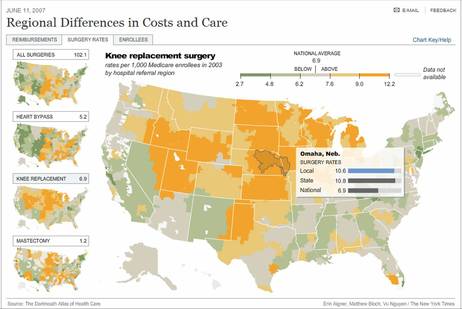
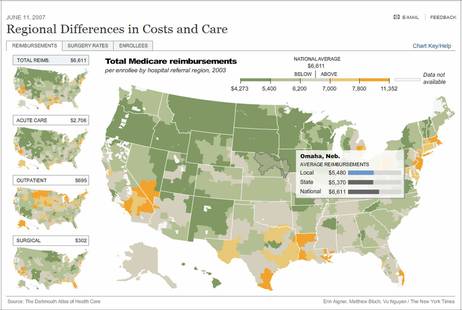

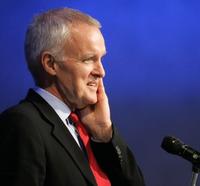 Former Nebraska Senator and Governor Bob Kerrey. Source of photo: online version of the Omaha World-Herald article cited below.
Former Nebraska Senator and Governor Bob Kerrey. Source of photo: online version of the Omaha World-Herald article cited below.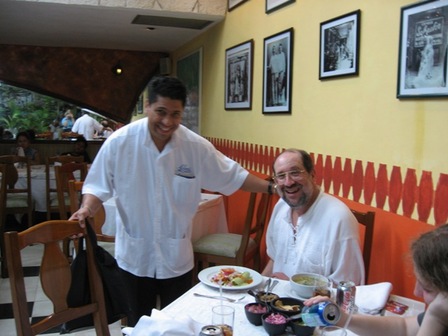
 Molly McGrath. Soure of photo: online version of the Omaha World-Herald article cited below.
Molly McGrath. Soure of photo: online version of the Omaha World-Herald article cited below.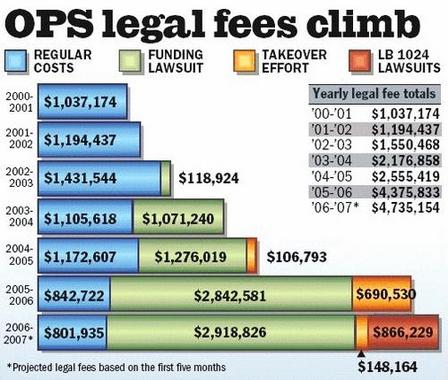
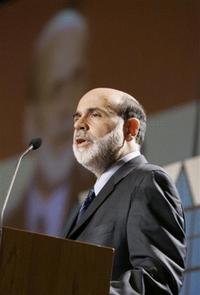
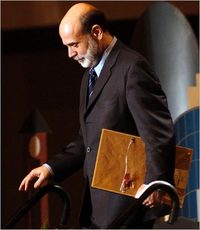
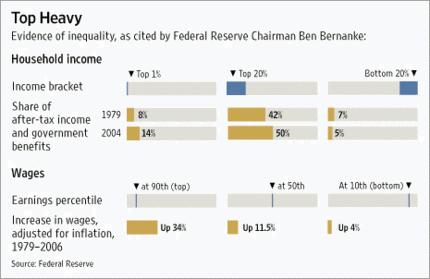
 Residential plastic pipe. Source of photo:
Residential plastic pipe. Source of photo: 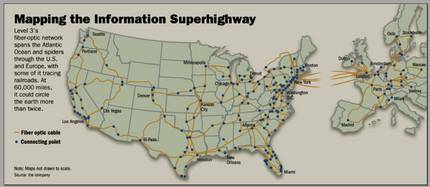
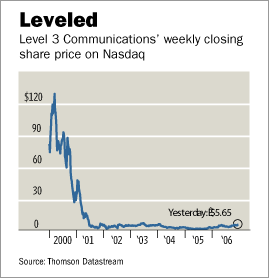 Level 3 stock prices. Source of graphic: online version of the WSJ article cited below.
Level 3 stock prices. Source of graphic: online version of the WSJ article cited below.